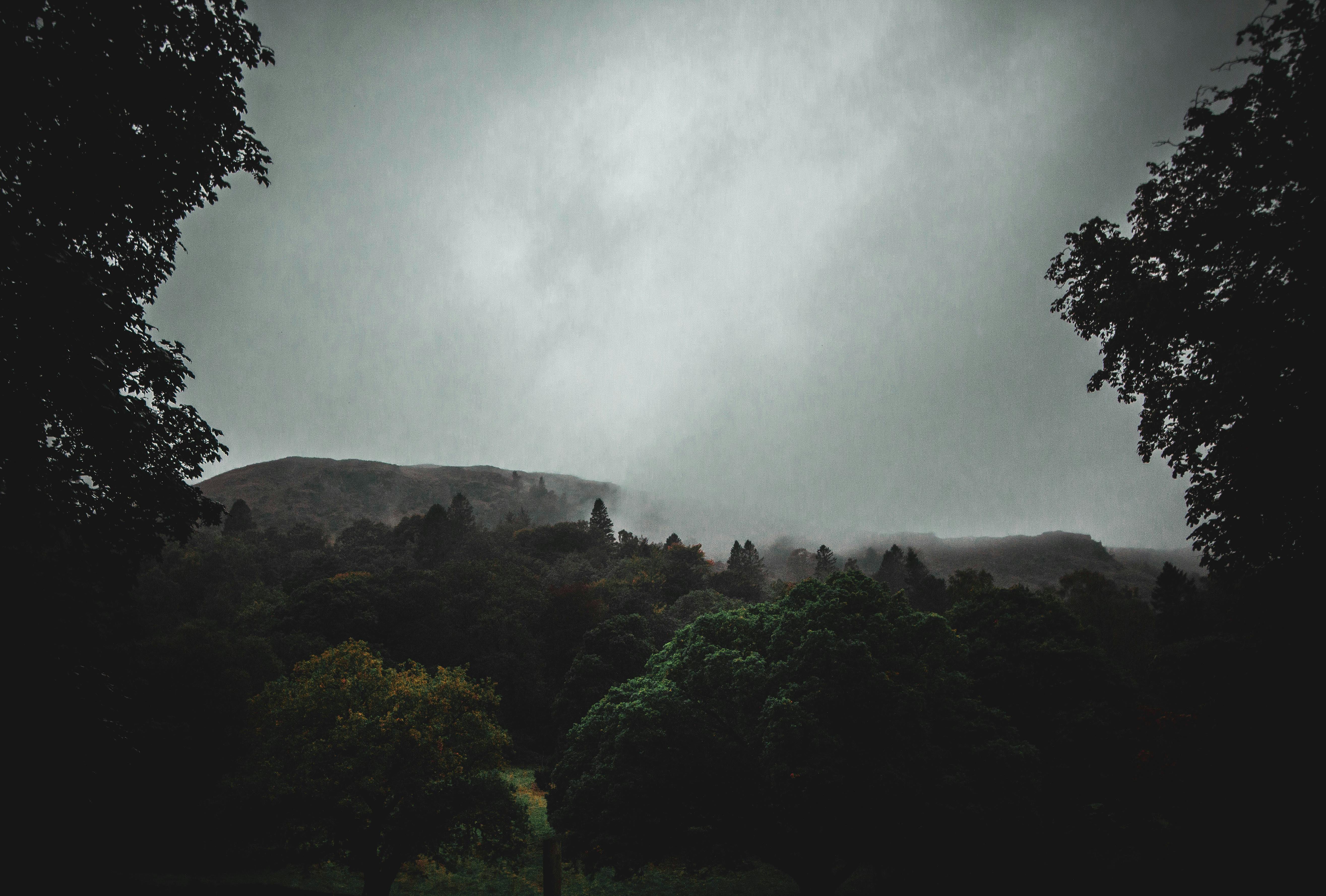Through China, Xinjiang to Tibet, Turfan to Llasa – From Heaven Lake by Vikram Seth

Ostensibly From Heaven Lake is a travel book. The description is both adequate and limiting. It’s worth pondering the idea that traveling may simply be a way to collect a well of nostalgia for future regurgitation. But this particular description of the author’s journey across China, initially west to east and then north to south in the early 1980s, doesn’t seem to have added much potential fuel to future fires.
At the time, it was not common for a person to travel independently in China, let alone enter Tibet through Qinghai or, even more unlikely, leave China through Tibet to Nepal. But this is precisely what Vikram Seth did, and to put the icing on the achievement cake, his preferred mode of transportation was hitchhiking. It is largely the mechanics and logistics of this journey that provide most of the book’s content.
Vikram Seth had been a student in China, so his goal was to see some of the less-visited parts of the country and eventually head out to India to rejoin his family after years at university. He had a language without which, given the twists and turns that the bureaucracy forced, he surely would not have achieved his goal.
Near the beginning of the book, the author is already in eastern China, visiting Turfan which, at the other end of an axis that begins in Tibet, must be one of the strangest places on the planet. Baked in the summer and frozen stiff in the winter, it’s in the middle of a huge desert, but it makes its living from highly successful farming. We visit the karez, the ancient underground irrigation canals that bring water from distant mountains, the author risks an unauthorized swim against the advice of his guide. The author gets into trouble. And this seems to be a recurring thread throughout the From Heaven Lake narrative. A determined first person seems determined to assert a rather blind individuality in the context of a society that respects only conformity and seeks to exclude all that suggests difference. In the conflict between these fundamentally different goals, we are presented with a catalog of travel that seems to lose much of the potential experience of the country through which it moves. Therefore, much of the book is about the process of the journey, rather than its experience.
Despite this, From Heaven Lake is a worthwhile read. In addition to Turfan, we visited Urumqi and the high-altitude lake that gives the book its title. The tour continues to Xian, Lanzhou, Dunhuang and then through Qinghai to Tibet and especially Llasa. This city occupies much of the text, revealing that visiting it was very much at the center of the author’s consideration.
We meet some interesting people along the way, but they are mostly bureaucrats, drivers, or officials associated with the author’s travel arrangements. Given Vikram Seth’s experience in the country, there seems to be a missed opportunity here, as more people would have embellished the text with details more interesting and enduring than repeated travel issues.
In its time, From Heaven Lake might have been a unique account of a journey that few contemporary travelers would have contemplated, let alone attempted. Today it still presents an engaging account of a personal challenge, but offers too little contemporary experience to motivate the general reader to stay on board.